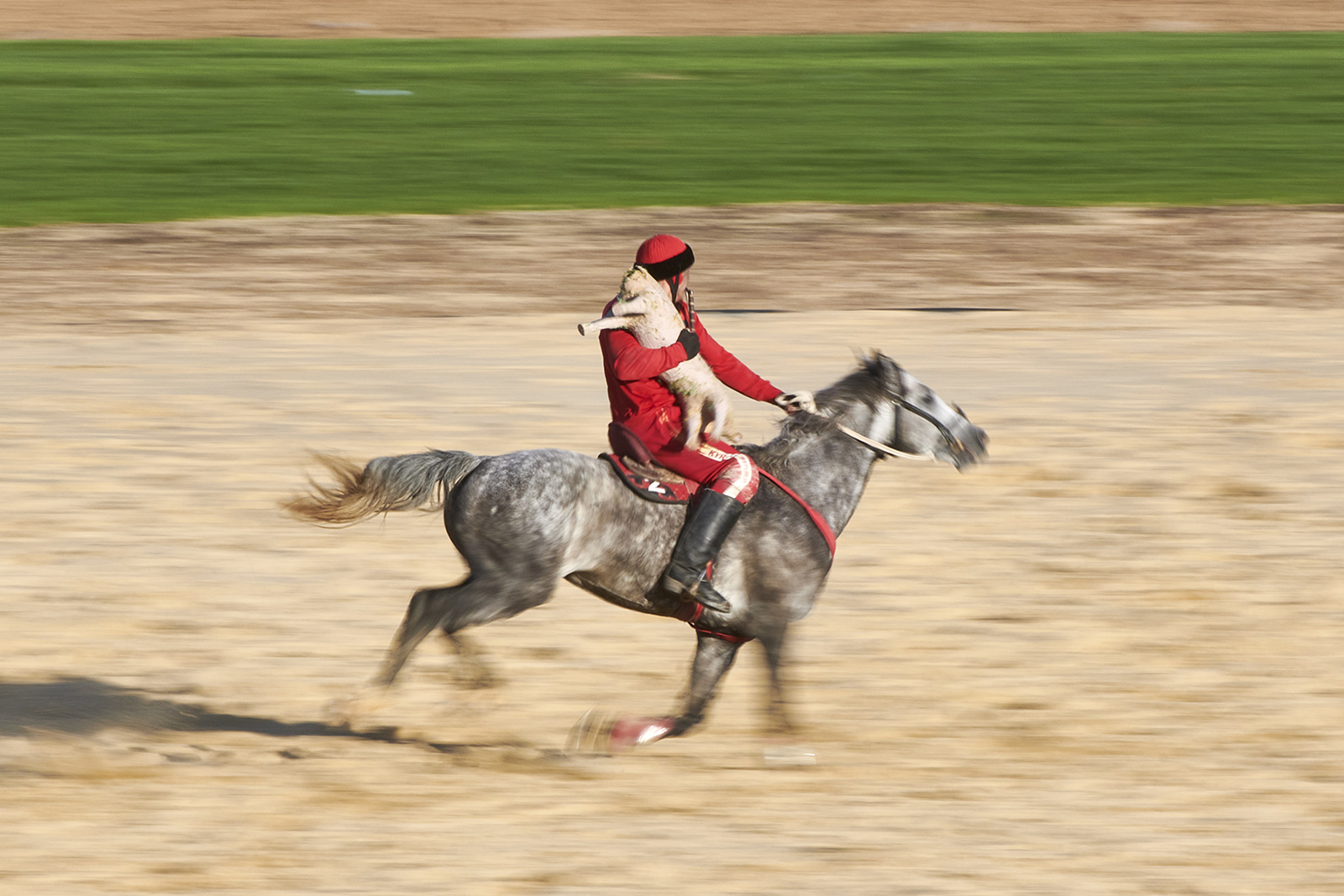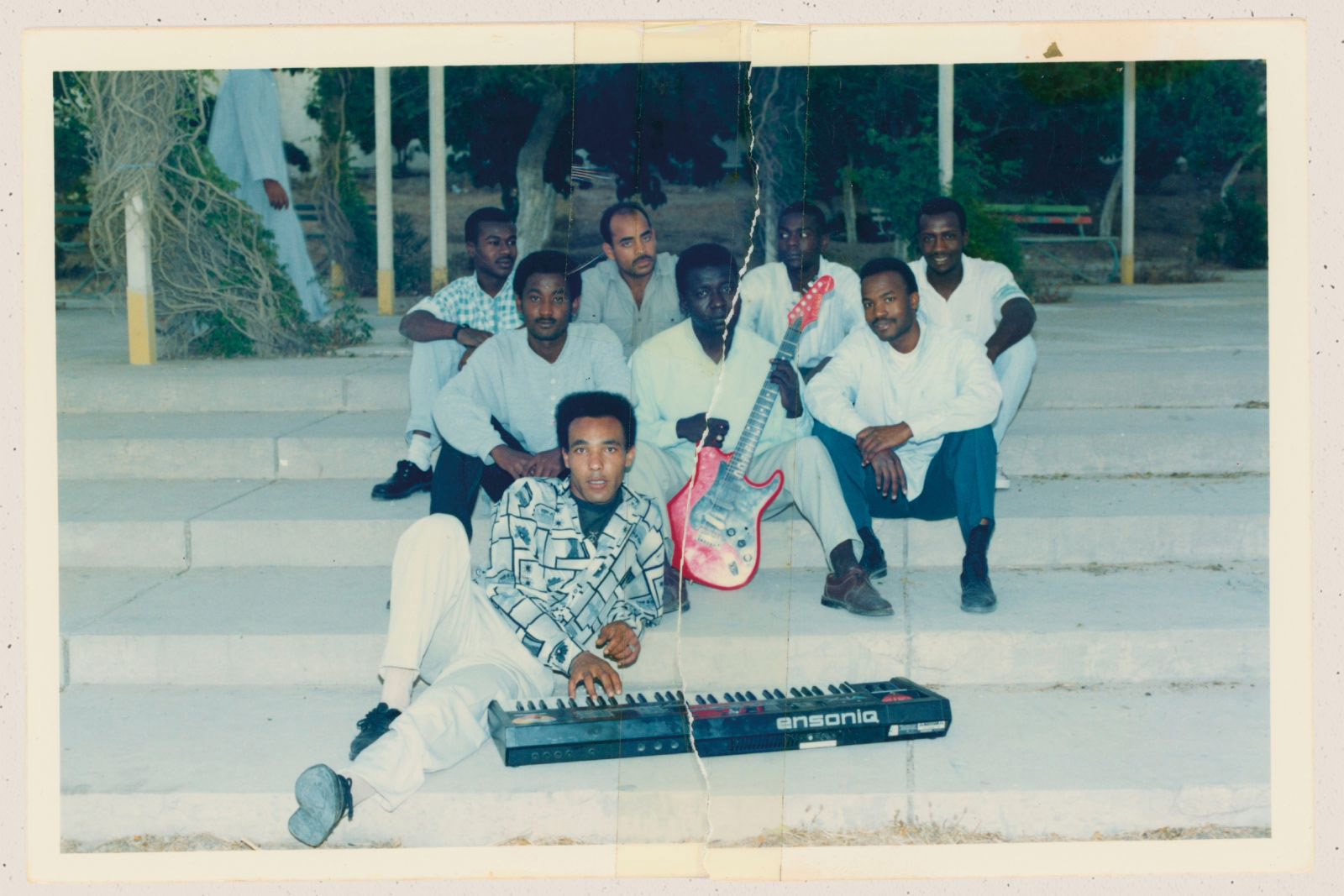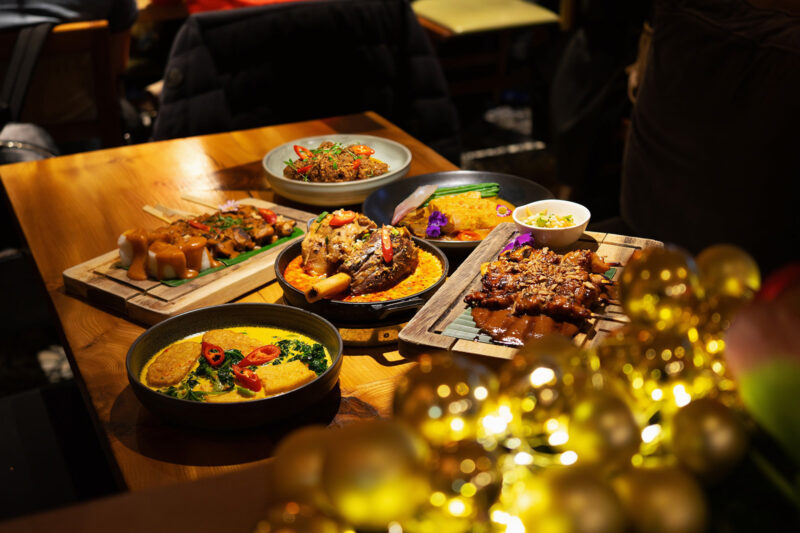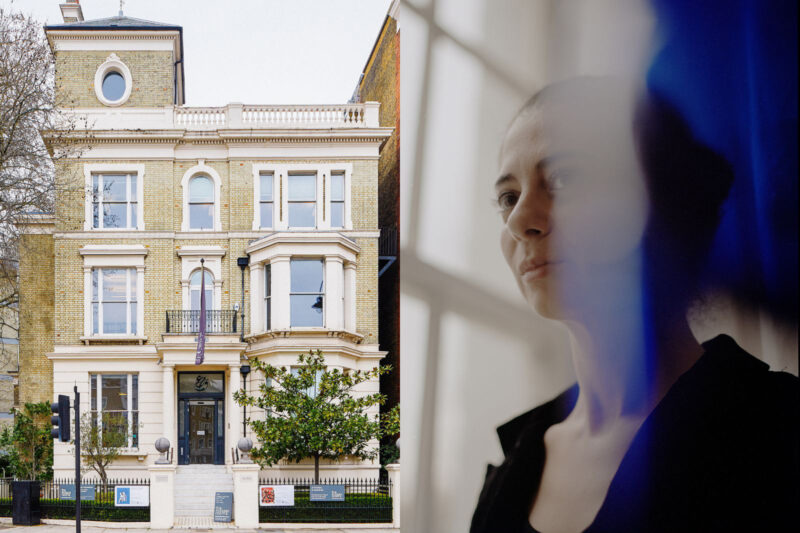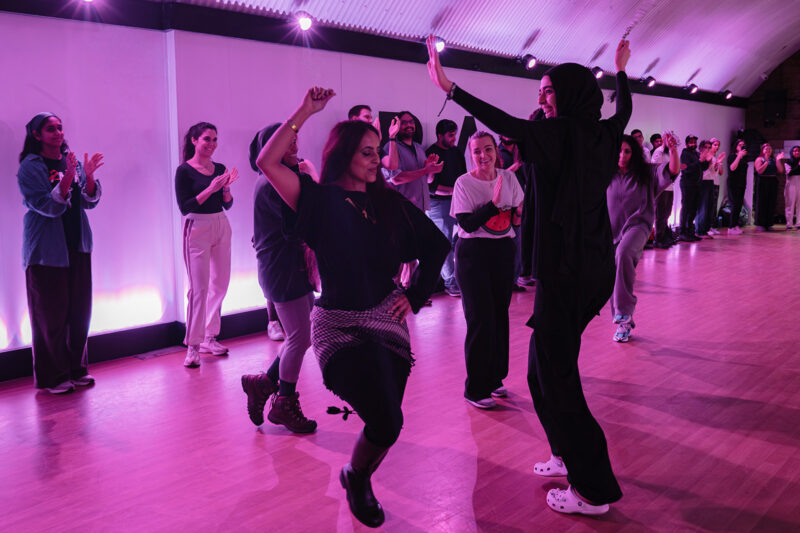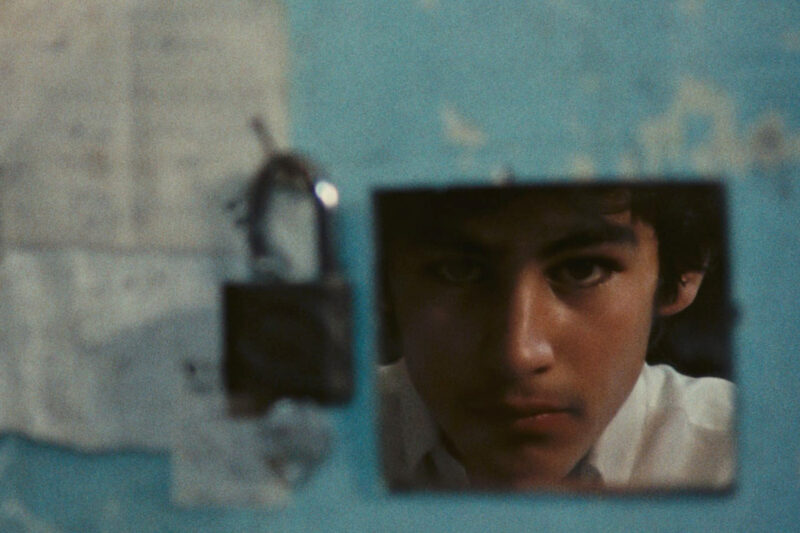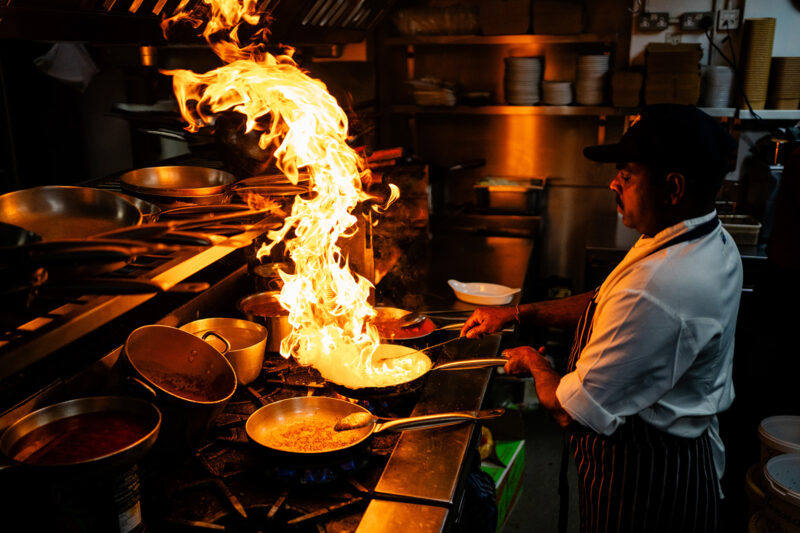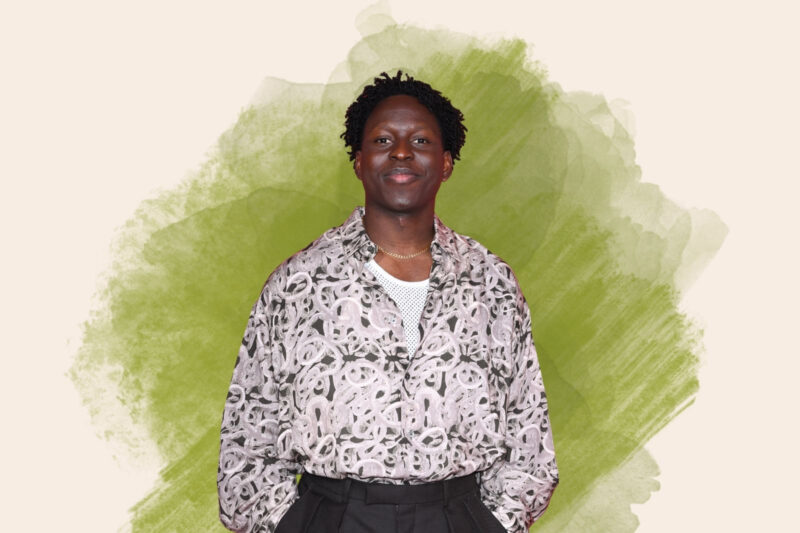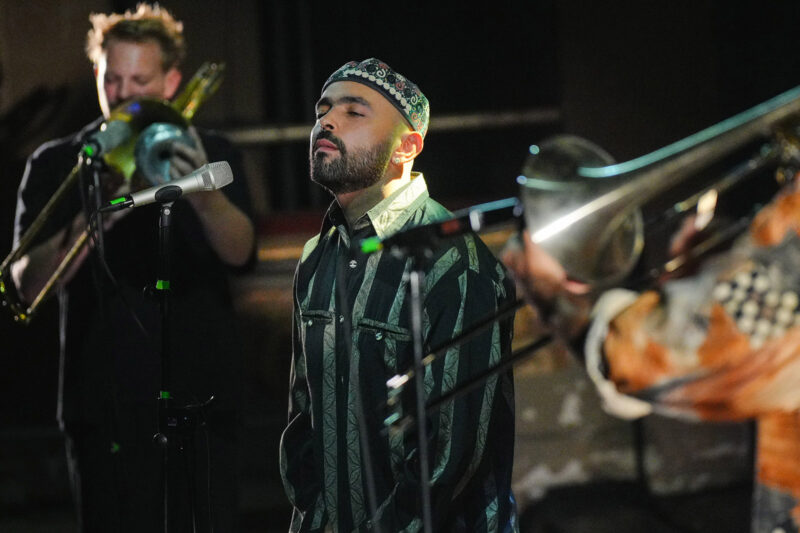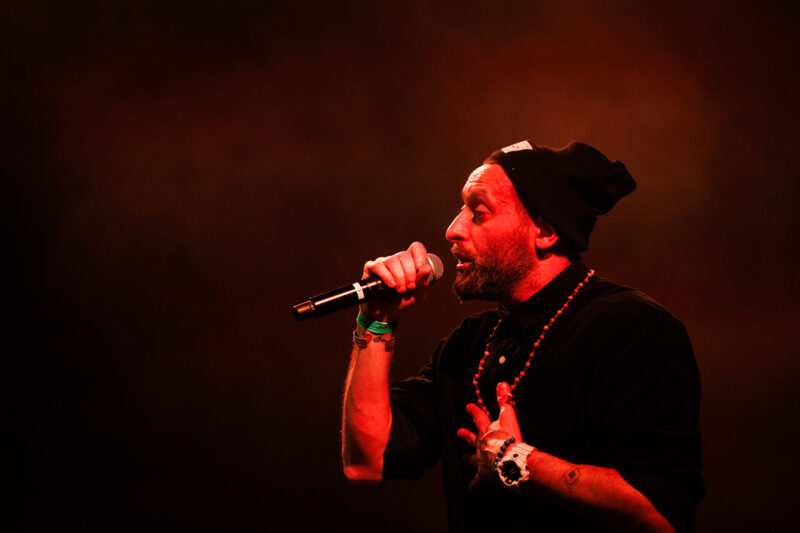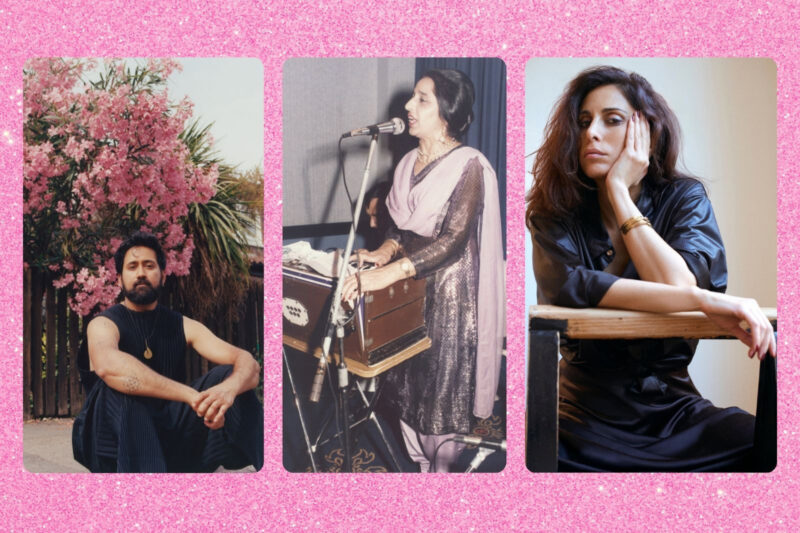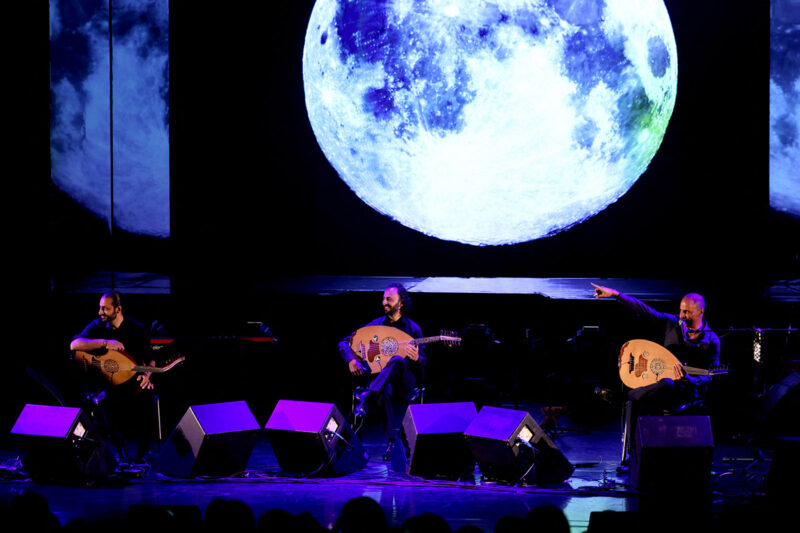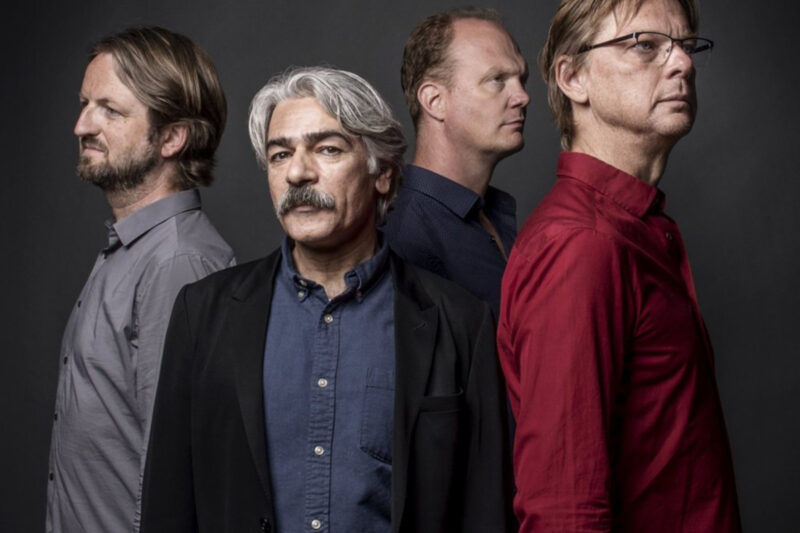Kazakhstan’s cultural soul has taken root in London
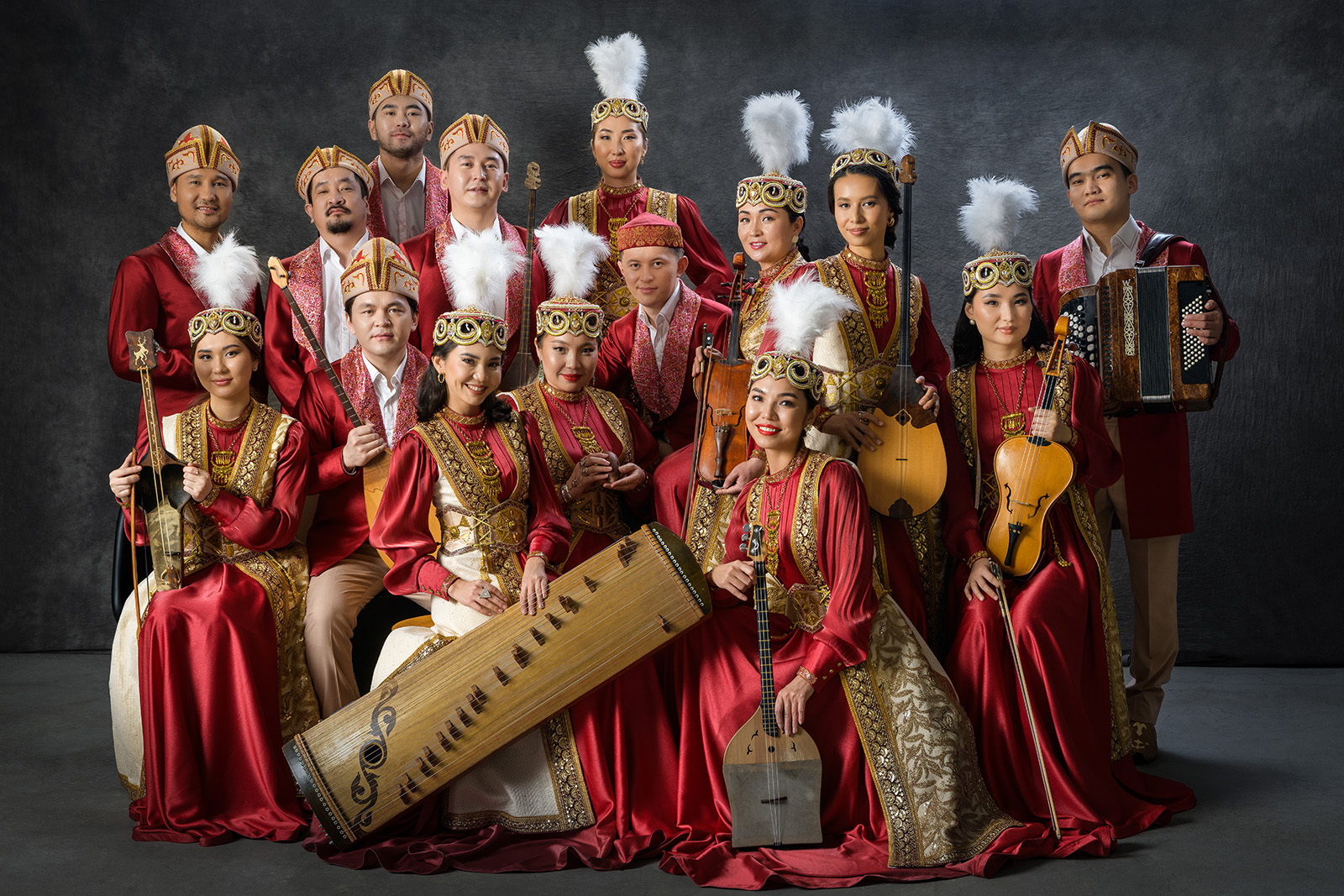
The central Asian country is rebranding itself globally through statecraft and investment, but also through music, cuisine and culture
In the vaulted stillness of Sinfonia Smith Square in Westminster in June, a thundering crack jolts the Sunday-night audience. It comes from the dauylpaz, a traditional Kazakh drum, which is then seamlessly joined by a ripple of plucked strings.
The musicians of Astana Sazy, Kazakhstan’s premier folk ensemble, are in London for a rare UK appearance, bringing with them centuries of musical tradition.
“Each listener interprets our music differently,” says Ruslan Makymov, the group’s concert director. “For some, it represents freedom and wildness; for others, it’s a connection to nature. We want to bring that emotional depth to every stage we visit.”
One performer plays the harp-like zhetygen, each sound delicate as dew.
“When we perform, we don’t just play notes — we share our ancestors’ emotions, their view of the world,” says artistic director Nurken Yakiyayev. “There’s something in the sound of the dombra [lute] or the kobyz [a bowed string instrument] that speaks of our land, our history, our silence and space.”
This performance is part of a wider movement: Kazakhstan’s evolving effort to rebrand itself globally through statecraft and investment, but also through music, cuisine and culture.
“Kazakhstan positions itself as a unique cultural bridge between east and west, a foundation for building strong soft power,” says Eldaniz Gusseinov, non-resident research fellow at the Haydar Aliyev Center for Eurasian Studies in Turkey.
“The main goal of Kazakhstan’s cultural outreach is to familiarise foreign audiences in order to attract investment and tourism.”

Against this backdrop of gently asserted visibility, Astana Sazy’s arrival in London feels especially timely.
Founded in 2017 under the direction of renowned musician Bauyrzhan Aktaev, the group has toured internationally, but the London performance — part of a growing wave of Kazakh cultural initiatives abroad — marks a special moment. “We’ve been planning this trip for a long time,” Makymov says. “We’ve performed in Spain and France, and now it’s time to share our music with the UK.”
The group’s repertoire draws on Kazakhstan’s deep nomadic past: folk epics, shamanistic rituals, Islamic spiritual traditions and oral storytelling passed through generations. “We often use up to 20 instruments, especially from the percussion family,” Makymov explains. “Many are unique to our heritage.”
Under President Kassym-Jomart Tokayev, who took office in 2019, Kazakhstan is recalibrating its external posture to make soft power central to how it is seen on the world stage.
Emil Avdaliani, a political analyst and historian of the Silk Roads, notes that Kazakhstan’s cultural outreach is part of a deeper strategy. “There is an increasingly popular idea in Kazakhstan of becoming a true middle power,” he says. “Astana wants to project influence beyond central Asia while positioning itself as a bridge between Russia, China and even the US.”
He adds that Kazakhstan is skillfully using Russia’s preoccupation with the war in Ukraine to limit the Kremlin’s projection of power, though it avoids cutting ties entirely. “The multi-vector policy dictates that Kazakhstan shouldn’t ditch Russia altogether, even if it could,” Avdaliani explains. “Astana still needs Russia to avoid overdependence on other actors.”
This diplomatic balancing act finds expression not only in politics and trade, but also in the growing international presence of Kazakh cultural icons.
Kazakh pop sensation Dimash Qudaibergen, for example, performed in London in June and will return in November for a headline concert at London’s O2 arena — a sign, if any, that voices from the country are finding international resonance.
Kazakhstan is the largest and wealthiest of the central Asian republics, rich in natural resources and home to somewhere between 130 and 150 ethnic groups, a demographic mosaic that helps explain the nation’s emphasis on inclusivity and cross-cultural appeal.
In a region once seen as a chessboard for great powers, this marks a shift. Central Asian states are no longer just recipients of influence from Russia, China or the west. Increasingly, they are advancing their own narratives.
The UK, Gusseinov adds, is no random choice. “Kazakhstan’s choice of London for its cultural outreach reflects both strategic pragmatism and symbolic ambition,” he explains.
With more than $18bn in UK investment and more than 550 British-linked companies operating in Kazakhstan, there’s already a strong audience. According to the Kazakh embassy in London: “Kazakhstani representation in the UK is one of the largest amongst central Asia. The diaspora is mostly sustained by students and young professionals who pursue careers here.”
Meanwhile, groups such as the British-Kazakh Society and fans of artists such as Dimash provide grassroots cultural support. Cultural figures, including Kazakh boxer Gennadiy Golovkin, serve to “enrich the UK’s multicultural landscape, and enhance Kazakhstan’s international cultural profile”, according to the society’s manager Alizhan Askargaliyev.
“They act as authentic cultural ambassadors and strategic soft power assets,” adds Gusseinov.
Far from the grandeur of Westminster lies another piece of Kazakhstan. In Welling, south-east London, sandwiched between a newsagent and a Pentecostal church, stands Turkistan, the city’s only Kazakh restaurant.
Inside, the scent of cumin and freshly baked nan bread wafts from the kitchen, where two cooks — one Kazakh, one Uzbek — shape hand-folded manti and cook lamb-stuffed samsa in flaky pastry.
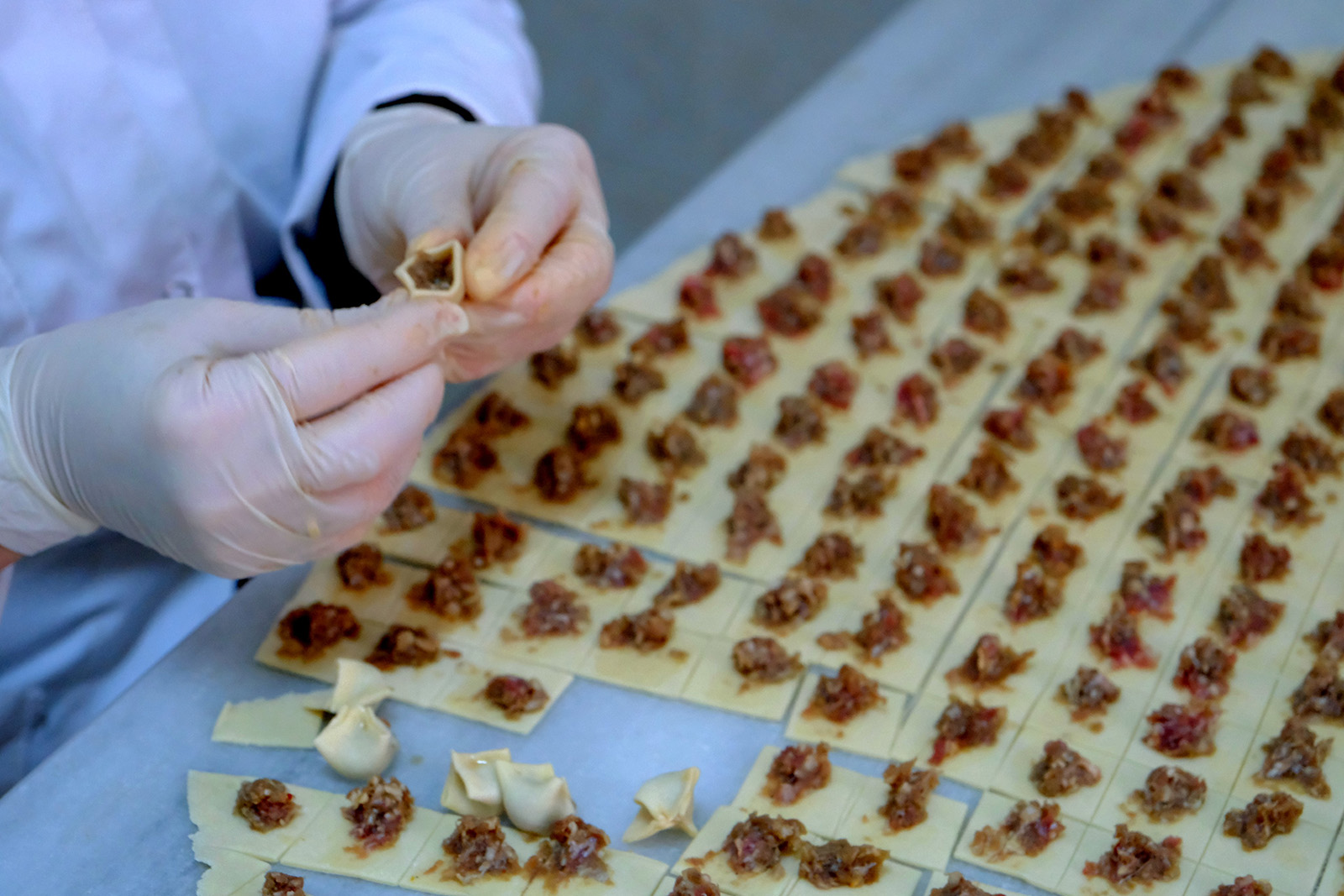
“We’re not in central London but we’re still part of this story,” says Kitty Alimkahnova, who co-owns Turkistan. “People don’t know Kazakh food, they think it’s Russian or Turkish. This is our way of showing who we are.”
Named after the city at the centre of the ancient Silk Road, the walls of Turkistan are adorned with maps, images and souvenirs that honour central Asian history.
Alimkahnova explains the dual nature of the Kazakh diaspora in London: the ultra-wealthy, post-Soviet elites with homes in Kensington and Chelsea, and the more working-class migrants, many of whom come as seasonal farm labourers. “We wanted to open something for us, and for others to learn,” she adds. “Kazakhstan is more than natural resources. It’s music, it’s food, it’s heart.”
Although Turkistan is London’s only Kazakh eatery, it’s not the only place offering a taste of central Asia. Uzbek restaurants such as OshPaz and Samarkand have popped up in recent years, helping to introduce the region’s rich culinary traditions to the capital.
In a year that also saw the British Museum’s major Silk Road exhibition, it’s tempting to discern a wider trend.
“Kazakh culture has not only strengthened community bonds and preserved traditions among the diaspora,” says Askargaliyev. “It has also deepened cross-cultural understanding.”
 Newsletter
Newsletter

